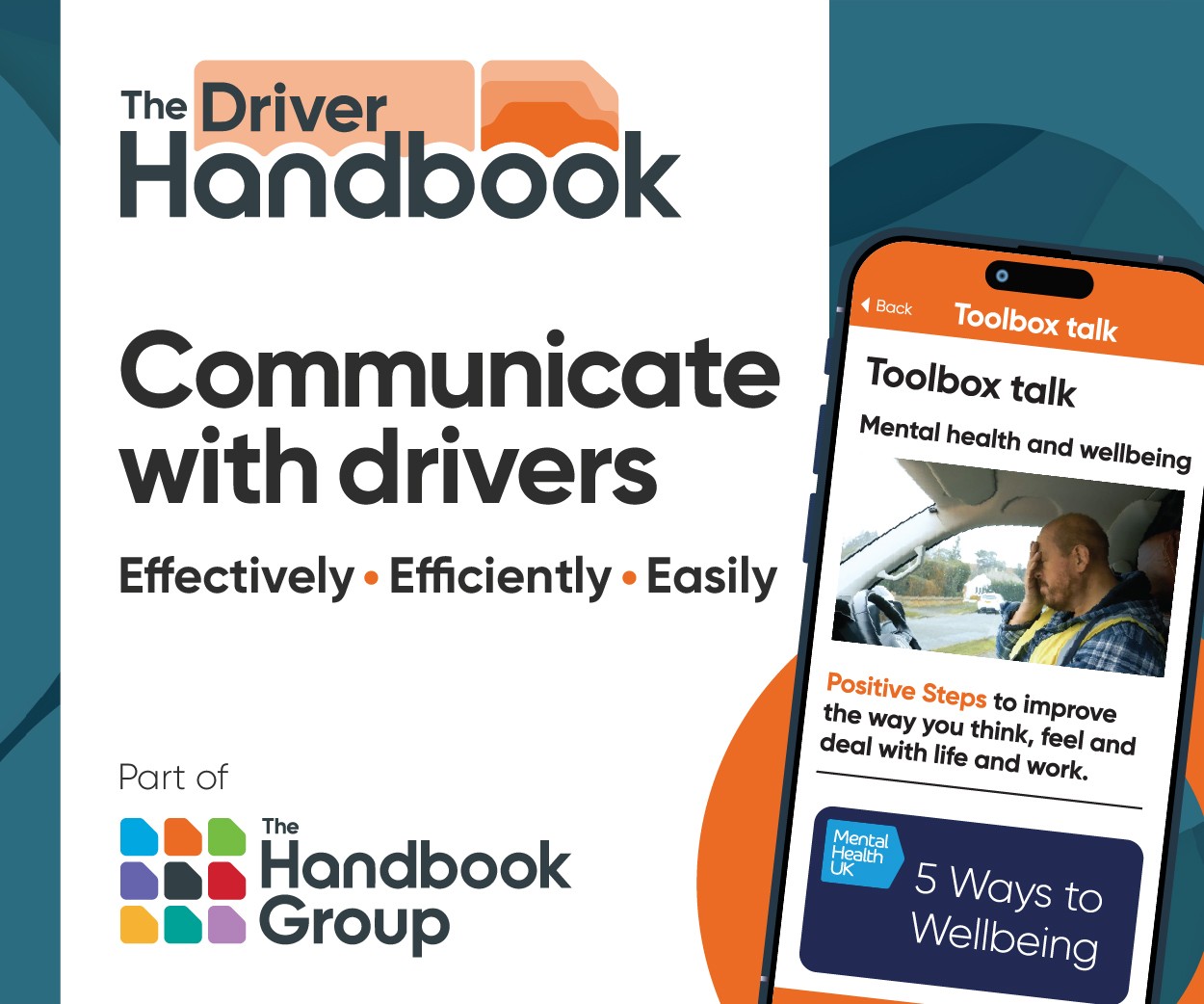New report issues warning on lapsed Driver CPC qualifications
The economic growth sought by the government may require many thousands of truck drivers whose Driver CPC qualifications have recently expired to retrain, according to a report by Rob Hunter at recruitment agency Blue Arrow and respected transport researcher Kirsten Tisdale of Aricia Ltd.
Based on figures supplied by the Driver & Vehicle Licensing Agency (DVLA) under freedom of information requests, over 117,000 DQCs (driver qualification cards) had expired between October 2024 and May this year, the report – entitled A Genuine Driver Shortage? – suggests. This equates to more than one in six truck drivers having not renewed their qualification, and being taken out of the industry’s potential recruitment pool as a result.
While there has been a small amount of growth in the number of drivers in the 18-24 years of age segment holding a Driver CPC through first acquisition of a vocational licence, there have been significant falls in other age demographic brackets.
Worst hit has been the 30-44 bracket. These are more than 1.5 times as likely to have let their DQCs lapse compared to those aged 45–69, the report found, possibly due to lack of driving work. “Once drivers get beyond the age of 45 and have retained their licence through the first of their post-pass medicals, they are more likely to have renewed their DQCs – probably because they are carrying out work that requires them to drive HGVs,” it stated.
Younger drivers unable to find worthwhile employment as truck drivers will have retained their licences anyway, but not elected to renew the Driver CPC qualification that enables them to drive commercially. The report suggests that this may have happened because they were unable to secure work in the 2023-24 period because of the downturn in confidence evidenced by falling truck registrations, and there was further confusion resulting from the government’s reform of the Driver CPC until the fast-track ‘return to driving’ module was announced in November 2024.
Truck driving is still dominated by those towards the end of their working lives, the report shows: half the drivers with current Driver CPCs are aged 48 or over, and 15 per cent of all currently-qualified drivers are aged 55 to 59.
The report warns that if the government is to deliver the growth it has planned – both generally and in terms of housebuilding – “more than 800,000 hours of Driver CPC training are required just to get those drivers back on the road temporarily, and over 4 million hours in total for those drivers to remain fully qualified.”
It observes: “Many expired DQCs only require seven hours of training to reactivate, but by peak 2026, the fast-track option will no longer be available for most.”
Additional training will also be required to compensate for the large number of drivers reaching retirement age.
The report urges industry to engage with past drivers: “Immediate communication is essential – some past drivers are unaware of the return-to-driving module and may be booking the wrong training.”
Sarah Brown, Driver CPC manager for transport training accreditation body RTITB, told Transport Operator: “The findings from this report highlight a pressing and systemic issue in the logistics and road transport industry. The expiry of over 117,000 Driver CPCs represents not just a drop in qualified driver numbers, but a broader challenge in engagement, clarity, and confidence across the workforce.
“As an industry, we must reflect on why so many drivers are stepping away and act. The data shows it’s not a question of individual willingness, but structural uncertainty, economic instability, and mixed messaging around reforms like the Driver CPC. This is particularly concerning given the vital role LGV/HGV drivers play in supporting economic growth and supply chain resilience.”
She added: “We need collaboration between government, employers, and training bodies to reconnect with these drivers, many of whom could return quickly under the current ‘return-to-driving’ provision. That window, however, is closing.
“Raising awareness, simplifying requalification routes, and reinforcing the value of the Driver CPC are urgent priorities. This is a moment for collective responsibility – not just to fill roles, but to rebuild trust and pride in one of the UK’s most essential professions.”
Further details about the report’s findings can be found here, at the Blue Arrow website.














